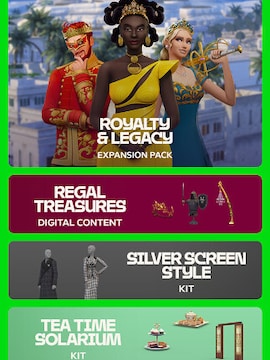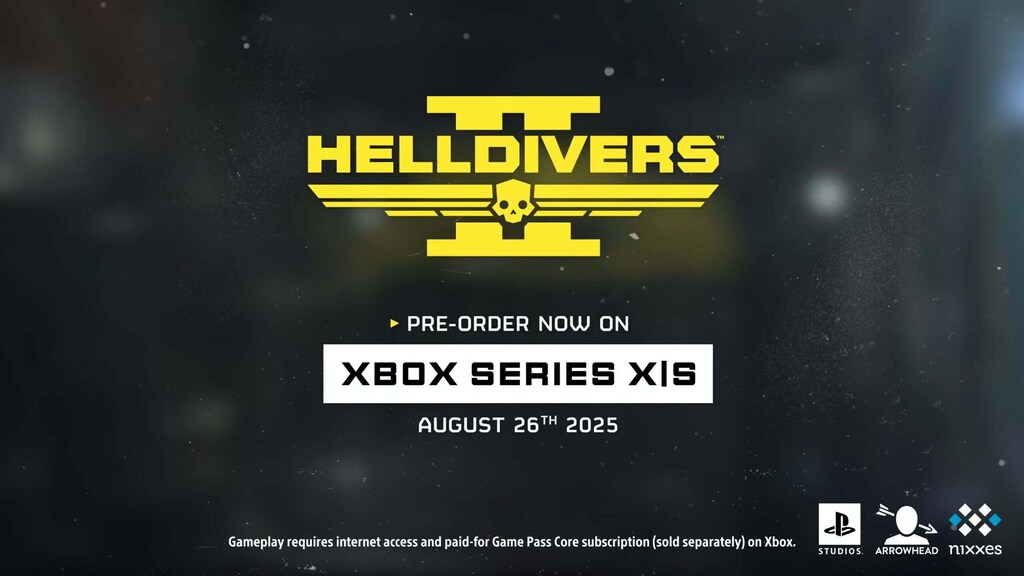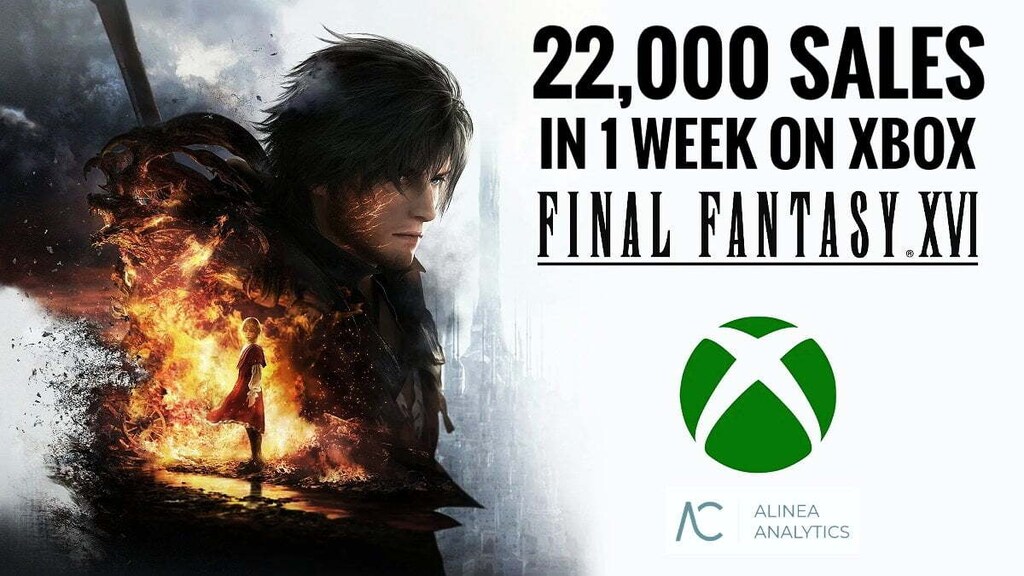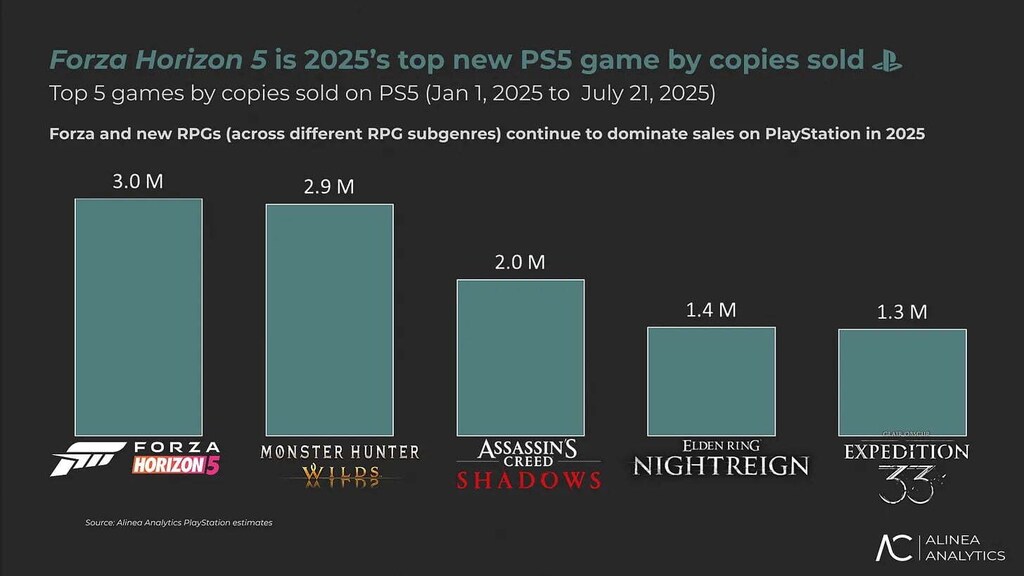Sony’s finally dropping the act. First-party PlayStation games are heading to Xbox, Steam, Nintendo Switch, Epic, and mobile. This isn’t a rumor or a test.
They’re hiring a senior director to run the whole multiplatform strategy. It’s a full shift that could reshape how PlayStation operates and how millions of us play.
Sony Multiplatform Strategy
It’s a strange shift for longtime PlayStation fans. For years, Sony built its name on keeping the biggest titles locked to its own consoles. If you wanted to play the hits, you needed a PlayStation – simple as that. That strategy worked for a while. But things have changed. In 2025, it’s not just about selling boxes anymore. Sony wants more players, more sales, and more presence. To get that, they’re putting their games where the players already are.
A New Role, with Real Power
The role they’re filling is a “Senior Director, Multiplatform & Account Management.” It’s not just a glorified title. This person will shape how PlayStation Studios operates outside of its own ecosystem. They’ll manage a team of senior managers tasked with building relationships with Steam, Epic Games Store, Xbox, and likely Nintendo too. That team will drive sales, build partnerships, and decide which games make the jump and when.
One of the clearest signals so far is that HELLDIVERS 2 is coming to Xbox, fully self-published by Sony. Sony is actively launching a PlayStation Studios title on a rival console. A deliberate move, with their name proudly displayed on the box.
Long-Term Play Over Short-Term Exclusivity
This goes beyond finding new players. Sony is transforming the entire business model. Hardware sales don’t cut it like they used to. PS5s are still strong, sure, but they’re not infinite. And profit margins on consoles are razor-thin. The real money is in software. Especially digital software. And especially games that have already recouped their dev costs and can keep selling with minimal extra investment.
Releasing older hits like Ghost of Tsushima, Days Gone, or Ratchet & Clank on other platforms is just smart business. These games are polished, critically praised, and underexposed to people who never owned a PlayStation. Instead of sitting in the back catalog, they could be printing high-margin cash on platforms like Xbox or Steam.
And here’s the kicker: this doesn’t threaten Sony’s core console business. Most gamers aren’t suddenly switching sides because one game shows up elsewhere. People stick with their platforms. They’re locked in by their game libraries, their subscriptions, their social circles. If anything, this move just adds upside without the risk.
Microsoft Showed the Way
Xbox went there first. Forza Horizon 5 became a success story on PS5. Gears of War: Reloaded broke pre-order records on Sony’s turf. Microsoft even made headlines for becoming the biggest third-party publisher on PlayStation. It sounded strange, but it happened. And now Sony is watching closely and following with intent.
It’s all about taking a smarter path forward. Microsoft made it clear that putting your games in more places doesn’t weaken your brand. If anything, it grows it. And Sony’s taking notes.
How long till the official announcement? #Spiderman #Xbox pic.twitter.com/42n9YFPsYQ
— XBG (@xboxBG) July 26, 2025
If Xbox can make Forza a hit on PlayStation, why wouldn’t The Last of Us Part work on Xbox? These are proven titles. They don’t need a marketing push. What the need is simply access.
The End of Exclusives As We Knew Them
Gamers don’t ditch platforms easily. Digital libraries, friends lists, save files – those things keep people rooted. Sony knows it and they’re acting on it. Let the big new exclusives launch on PlayStation first. A year later, let’s put them on Xbox and Steam, wherever people are. It won’t hurt console sales, but it’ll boost software revenue.
And the sales numbers are not the most important here. It’s more about building mind share, being present and being relevant. When Spider-Man 2 is only playable on one platform, you’re invisible to a huge chunk of the market. When it’s everywhere, it becomes part of the wider conversation again, and that visibility matters.
It’s the strategy behind Netflix and Fortnite: reach every platform, dominate every screen, and stay top of mind.







